Series Archive
Big Picture, Small Picture: Context for Joyce Carol Oates’s “Where Are You Going, Where Have You Been?”
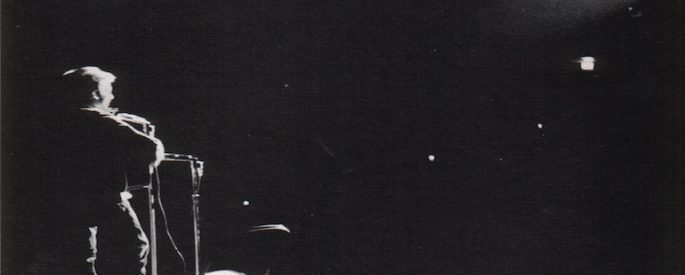
In the Fall 1966 issue of Epoch Magazine, Joyce Carol Oates’ classic short story, “Where Are You Going, Where Have You Been?” first appears. Oates takes cues from Schmid’s case to tell the story of 15-year-old Connie.
Notes on the State of Virginia: Journey to the Center of an American Document, Queries XVII-XVIII
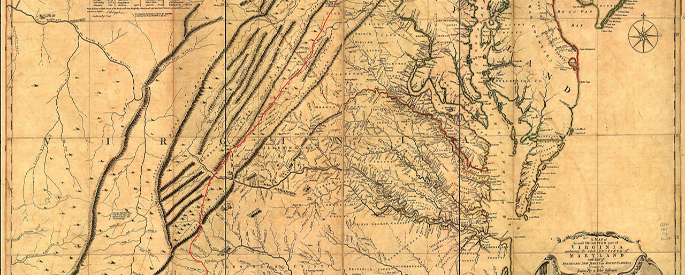
Here’s a confession. When I talk about NOTES ON THE STATE OF VIRGINIA, I sometimes refer to Jefferson’s “queries” as “cantos.” Like a poetic canto, which stands or falls on the music of its syllables, Jefferson’s queries must have enough tensile strength to contain his ideas, and space to
Writing Trauma: Notes of Transcendence, #5—The Objective Correlative
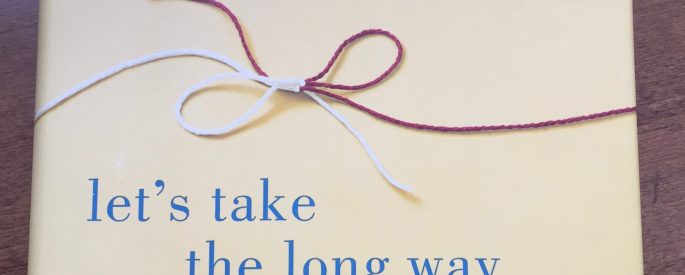
Caldwell’s memoir is a deep exploration into how human and human-animal connections can heal us from traumatic experiences.
Book vs. Movie: No Country for Old Men
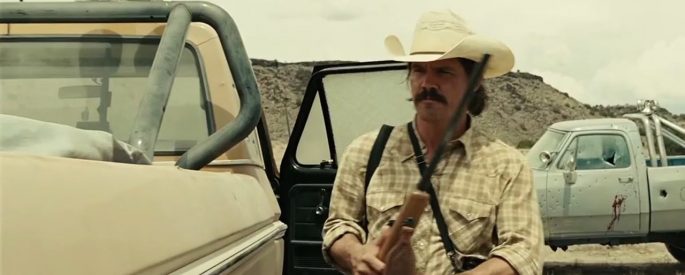
If, while watching a movie with your spouse, you like to whisper “that didn’t happen in the book” (and who doesn’t?), then you’ll be sorely disappointed by a screening of No Country for Old Men. Virtually every scene and every line of dialogue in the Coen brothers’ Academy Award-winning
Fiction Responding to Fiction: Paley and Hempel

Grace Paley’s work has influenced many writers, both her contemporaries and those who followed. Amy Hempel has spoken often about Paley’s imprint on her work. For Hempel’s story “Today Will Be a Quiet Day,” Hempel has identified one Paley story as being particularly important.
What Does Your Liberation Look Like?: In Conversation with Liz Mputu and Justin Phillip Reed

In a blog series for Ploughshares, I interview a poet and a non-poet. This time, digital media artist Liz Mputu and poet Justin Phillip Reed. I want to talk about how to manage the expression of violence, feeling of violence, portrayal of violence and also, anger as a thing
Opulence and Escalators: Xu Xi’s “Famine”
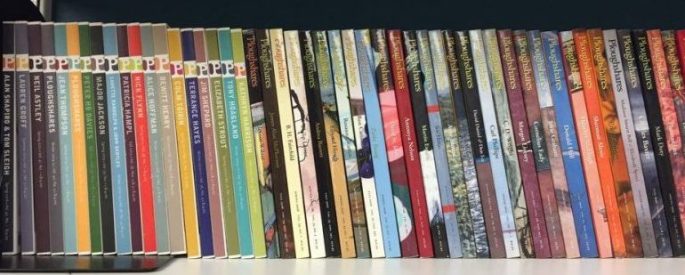
Every once in a while the short story gets its moment in the literary spotlight. It happened in 2008 when Elizabeth Strout’s linked story collection, Olive Kitteridge, won the Pulitzer Prize; and again in 2013 when the Nobel Prize committee recognized Alice Munro’s lifetime achievement in the form.
Throwback Thursday: The Quiet American by Graham Greene

At its heart, The Quiet American is the story of a struggle between extreme cynicism and idealism—the juxtaposition of intentions and actions, the disconnect between the native and the foreigner.
Writing Trauma: Notes of Transcendence, #4—The Situation and the Story
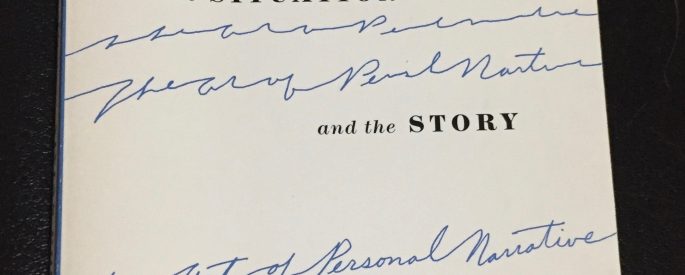
Writing in second person point of view, I found power in a situation in which I’d felt powerless. I was no longer the victim but the witness...
The Best Poem I Read This Month: Jayy Dodd’s “Black Philosophy #3”

“Black Philosophy #3,” Dodd’s new poem from the first issue of The Shade Journal, poses a series of “if…then…” questioning statements regarding blackness, black boys, death, dead boys, living boys, pretty boys, prettiness, and a manner of interrelating, interlocking, and uncompromising conditions between those terms.